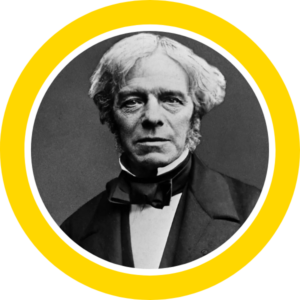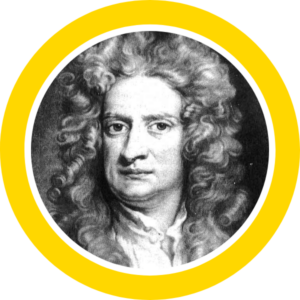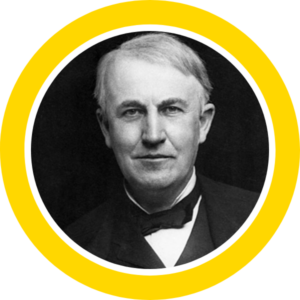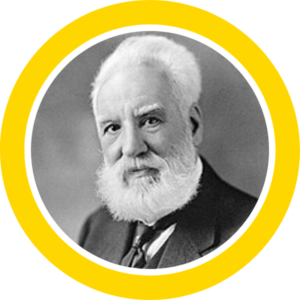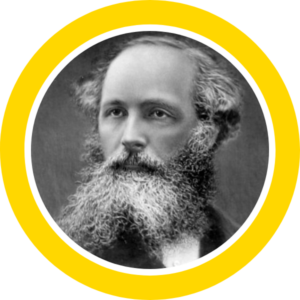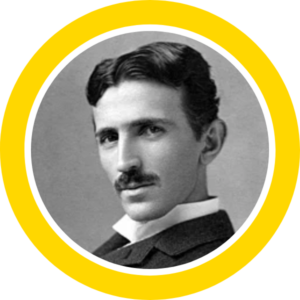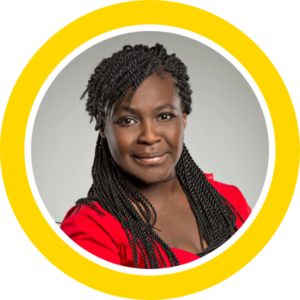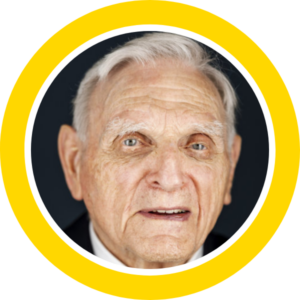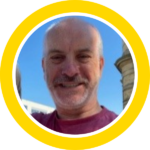We know there are many neurodiverse engineers out there who are doing incredible work that is changing the way we live, work and interact as a society.
And whilst we developed this hub as a supportive resource for our neurodiverse community members, we also want it to serve as a place where the contributions these individuals bring to engineering are celebrated, and given the respect and recognition they deserve.
So we’ve gathered up just some of the most famous and influential engineers, scientists and technologists who have presented neurodiverse traits below – people have made an outstanding contribution to the engineering sector, and shown the incredible talent and capability of neurodivergent individuals.
How many do you recognise?
